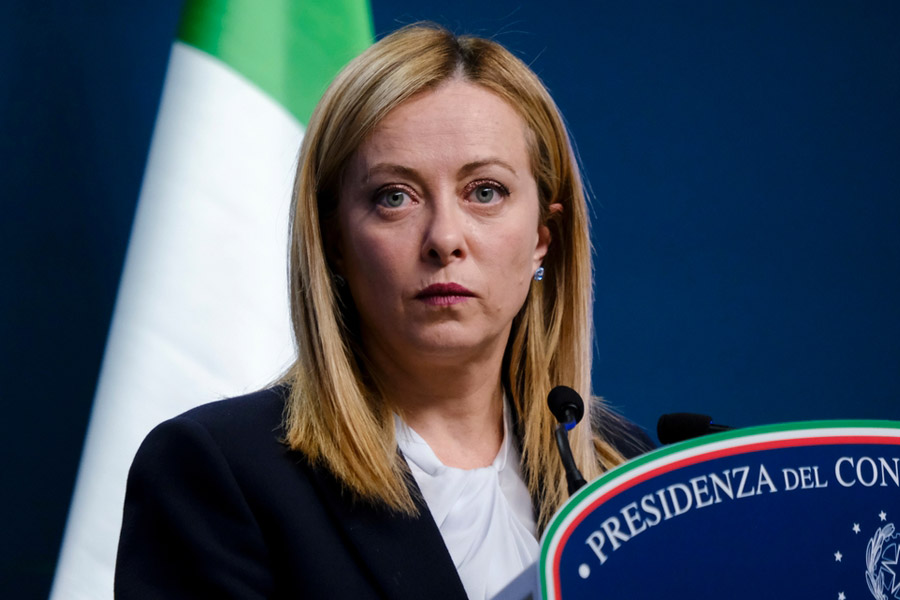When leaders of the Group of Seven major industrialised nations met at a southern Italian resort last week, they had Russia’s war on Ukraine and intensifying competition with China at the top of their agenda. Also on their menu, though, was a more thorny issue: the group’s very legitimacy in the eyes of much of the world, especially the Global South. The G7, which consists of the United States of America, Japan, Germany, the United Kingdom, France, Italy and Canada, once used to control 70% of the planet’s gross domestic product, a figure that is now down to 40% with Asia emerging as the world’s economic engine. Viewed in many parts of the world as elitist and exclusivist, compared to the G20 group of major economies, the G7 has tried to reinvent itself in recent years, inviting leaders from other partner nations. It was in this context that Prime Minister Narendra Modi, the presidents of Brazil, Turkey, and a record number of other Global South nations were invited by Italy, the G7 host, to join some of the summit’s meetings. Yet, the summit and its outcome raise more questions than the ones they answer about the G7’s ability to be truly representative of the world and its economies.
Days before a Ukraine peace summit hosted by Switzerland, the G7 conclave pulled Kyiv and Moscow farther apart from any chance of sitting at the negotiation table by deciding to use frozen Russian assets in the West to finance a $50 billion loan to Ukraine. As India and several other Global South nations stated at the Swiss peace summit, any end to the war in Ukraine would need Kyiv and Moscow to be in the same room. Through its actions, the G7 did not help that cause. The G7 communiqué, in its refusal to condemn Israel for its deadly war on Gaza, while rightly criticising Russia for its war on Ukraine, revealed, once again, the double standards that underpin the US-led grouping’s approach to the world. That is an approach that the Global South can never accept. At this moment, the G7 also suffers from a crisis of credibility given the unfavourable ratings that the leaders of the US, the UK, France, Germany, Canada and Japan face in polls in their own countries. For India and the Global South, the G7 summit was a reminder that institutions that represent the old elite ultimately cannot reflect an emerging world order in which the West’s stranglehold on power has weakened, even if its illusions have not.










